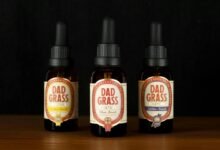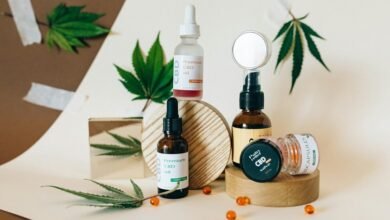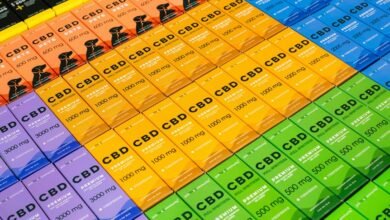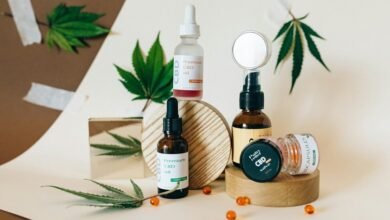Will Cbd Oil Show on a Drug Test
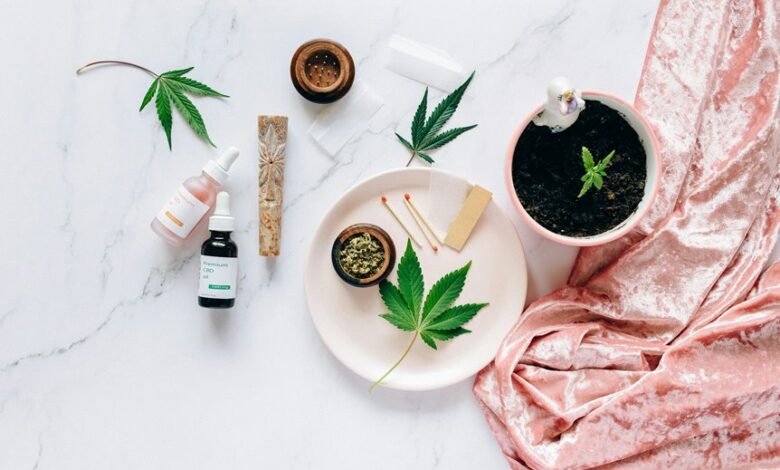
The question of whether CBD oil will show up on a drug test is a common concern for users. While CBD itself is non-psychoactive, many products contain trace amounts of THC, the compound that drug tests typically identify. Understanding the nuances of CBD and THC is crucial. Factors such as product type and testing methods can significantly influence outcomes. Exploring these elements can help users navigate potential risks and make informed choices.
Understanding CBD and THC: Key Differences
Cannabidiol (CBD) and tetrahydrocannabinol (THC) are two prominent cannabinoids found in the cannabis plant, each with distinct properties and effects.
CBD offers numerous benefits, including potential relief from anxiety and inflammation, without the psychoactive effects commonly associated with THC.
In contrast, THC effects can include euphoria and altered perception, making it essential for users to understand these differences when choosing products.
How Drug Tests Work: What They Detect
Drug tests are essential tools used by employers, law enforcement, and medical professionals to detect the presence of specific substances in an individual's system.
Various drug test types, including urine, saliva, hair, and blood tests, employ different detection methods. These methods target specific metabolites, ensuring accurate identification of substances like THC, thereby influencing decisions in employment and legal situations.
Factors That Influence Drug Test Results
While various factors can influence drug test results, the most significant include the type of test administered, the individual's metabolism, frequency of substance use, and the specific substances being tested.
Cannabinoid metabolism plays a crucial role in how long THC metabolites remain detectable.
Additionally, different drug testing methods, such as urine or blood tests, yield varying sensitivity toward these substances, affecting outcomes.
Best Practices for Using CBD and Passing Drug Tests
Although many people turn to CBD for its potential wellness benefits, navigating the landscape of drug testing can be challenging.
To minimize risks, users should opt for broad-spectrum or isolate CBD products, ensuring low THC levels.
Monitoring CBD dosage is crucial, as higher amounts may increase detection chances.
Additionally, understanding testing methods can help individuals make informed decisions regarding their CBD use and employment policies.
Conclusion
In conclusion, while CBD oil is generally non-psychoactive and unlikely to cause a positive drug test, the presence of THC in some products can complicate matters. Users must tread carefully, considering both the type of CBD they choose and their workplace policies on drug testing. By selecting broad-spectrum or isolate products and being informed, individuals can navigate this landscape and avoid any potential pitfalls. Ultimately, staying ahead of the game is key to ensuring a smooth experience.


